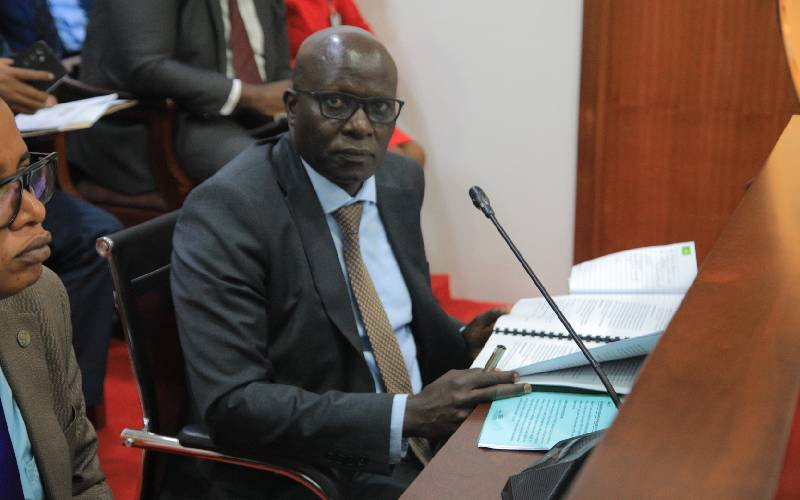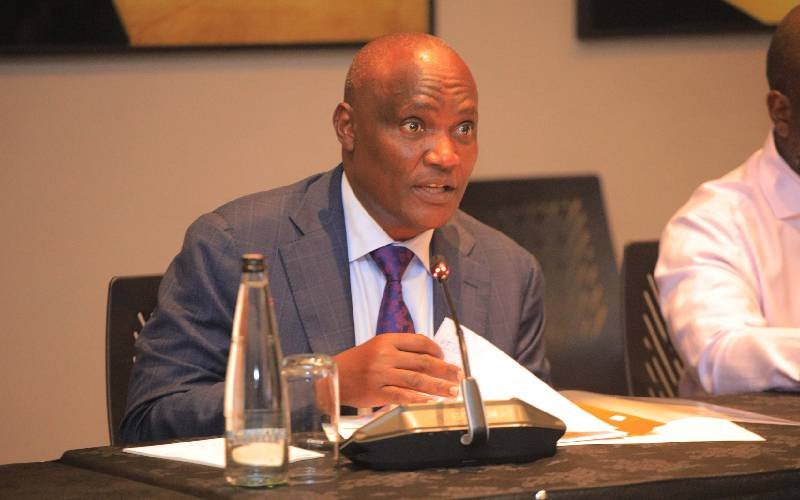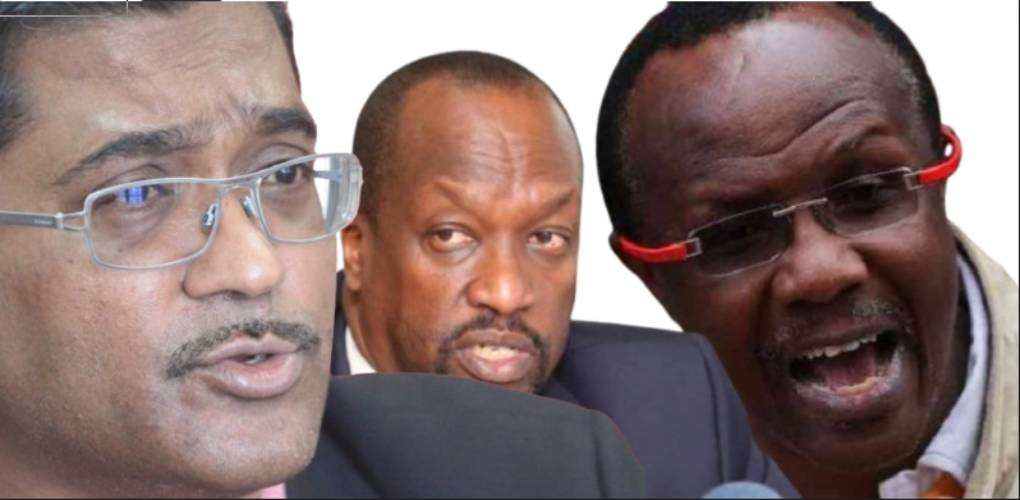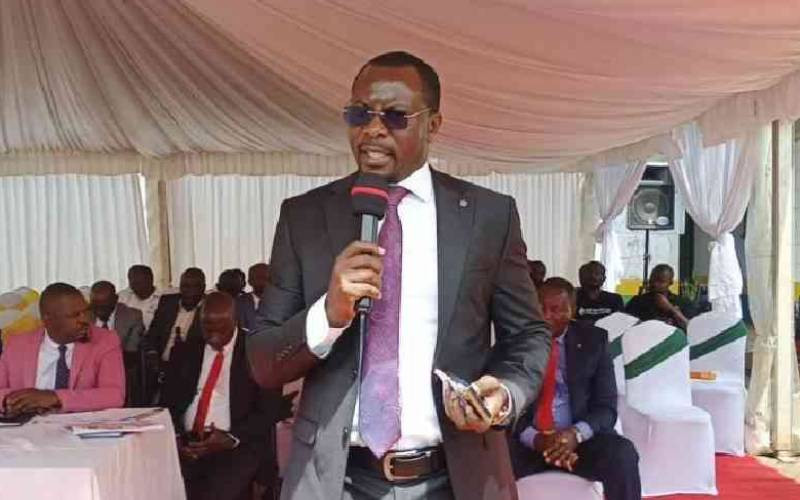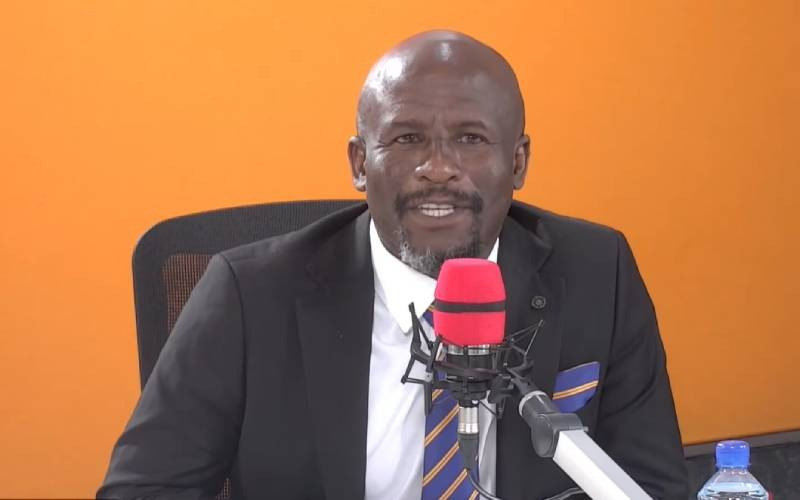×
The Standard e-Paper
Kenya’s Boldest Voice
Lawmaker wants Education ministry to consolidate money distributed by various State entities and agencies.
He also seeks an audit of funds allocated to bursaries by national and county governments.
